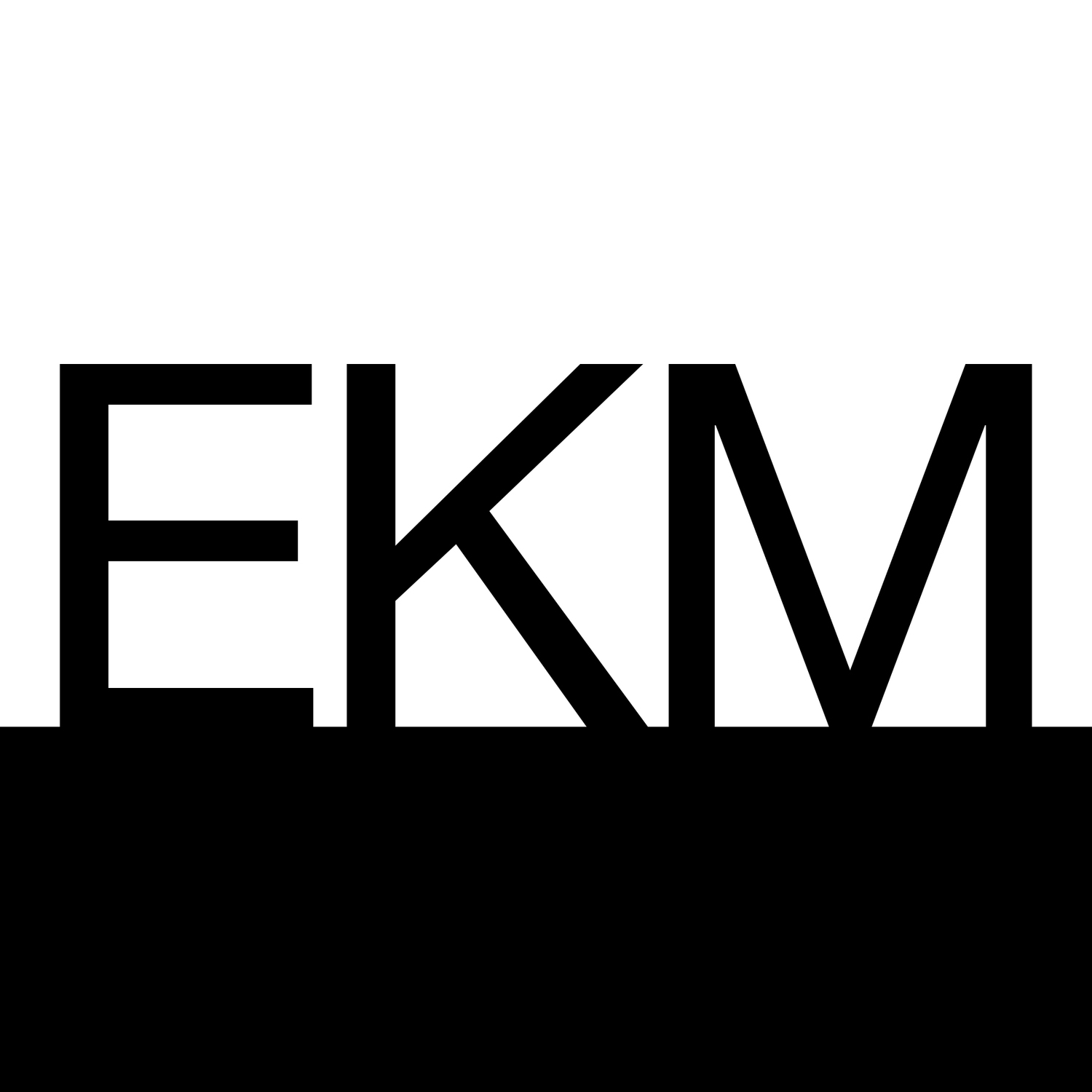Tips for Creating Condominium Regimes
Creating condominium regimes is one of my favorite tasks as a real estate practitioner. Over the years, I have developed a list of tips and considerations for my clients.
Proper Advanced Planning. Proper planning is key to avoiding delays sale of condominium units and creating well operating condominiums. Delays are often a result of not considering District processing timelines, including the following.
District of Columbia Housing and Community Development (DHCD) has to be approve of the condominium documents before the owner/developer can enter into a binding contract for the sale of unit. DHCD has 90 days to review the various documents and it can take months for the documents to gathered and created. I recommend to start the process at least 6 months prior to planned sale of the first unit.
The Office of Tax and Revenue (OTR) requires the owner to pre-pay biannual taxes before it will assign the condominium unit tax and assessment numbers required before a unit can be listed. There are approximately two weeks in March and another two weeks in October when the taxes are paid in full. If the application is filed within one of those two windows were taxes are paid, no advance payment will be required.
Well Thought-Out Common Elements. There are two types of common elements. General common elements are for the benefit of all unit owners and limited common elements are for the benefit of designated unit(s). Failing to label general and limited common elements on the condominium plats can result intense conflicts between unit owners and even litigation.
Garbage and Recycling. Creating designated space(s) for garbage and recycling can be easily overlooked. Planning a designated space for the garbage/recycling reduces a point of conflict, and a more harmonious condominium regime.
Structural Warranty. Condominium developers are required by law to provide a bond, letter of credit or cash for the benefit of DCHD in the amount of 10% of the estimated construction costs as security for potential claims by the association or unit owners for structural issues. DCHD requires a developer to provide evidence that have the ability to provide the warranty security as a part of the condominium application.
